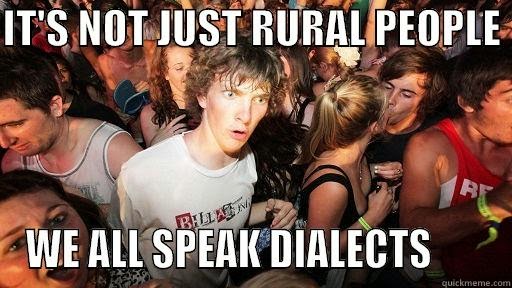You know what I love more than grammars? Speakers/signers and field workers!!

More than grammars and other descriptive material I love speakers, signers and field workers. Experts of the languages that devote their valuable time to talking to me. They area amazing, brilliant, awesome and wonderful people. I cannot express enough what I feel. I think this sloth is the best I can do: Every work in linguistics typology, or almost every, is based on the hard work of field workers and the knowledge of speakers/signers. Why don't you, for example, read the sections with contributors of the typological surveys WALS , APiCS and SSLW , and just say/sign "thanks" out loud. Next time you read a good descriptive work, be sure to let the creator know. A friendly little email with a personal touch is easy to send and amazing to receive. And be properly grateful to any speaker or signer who chooses to spend their time explaining their language to you. Thank you all speakers, signers and experts who have devoted your...











